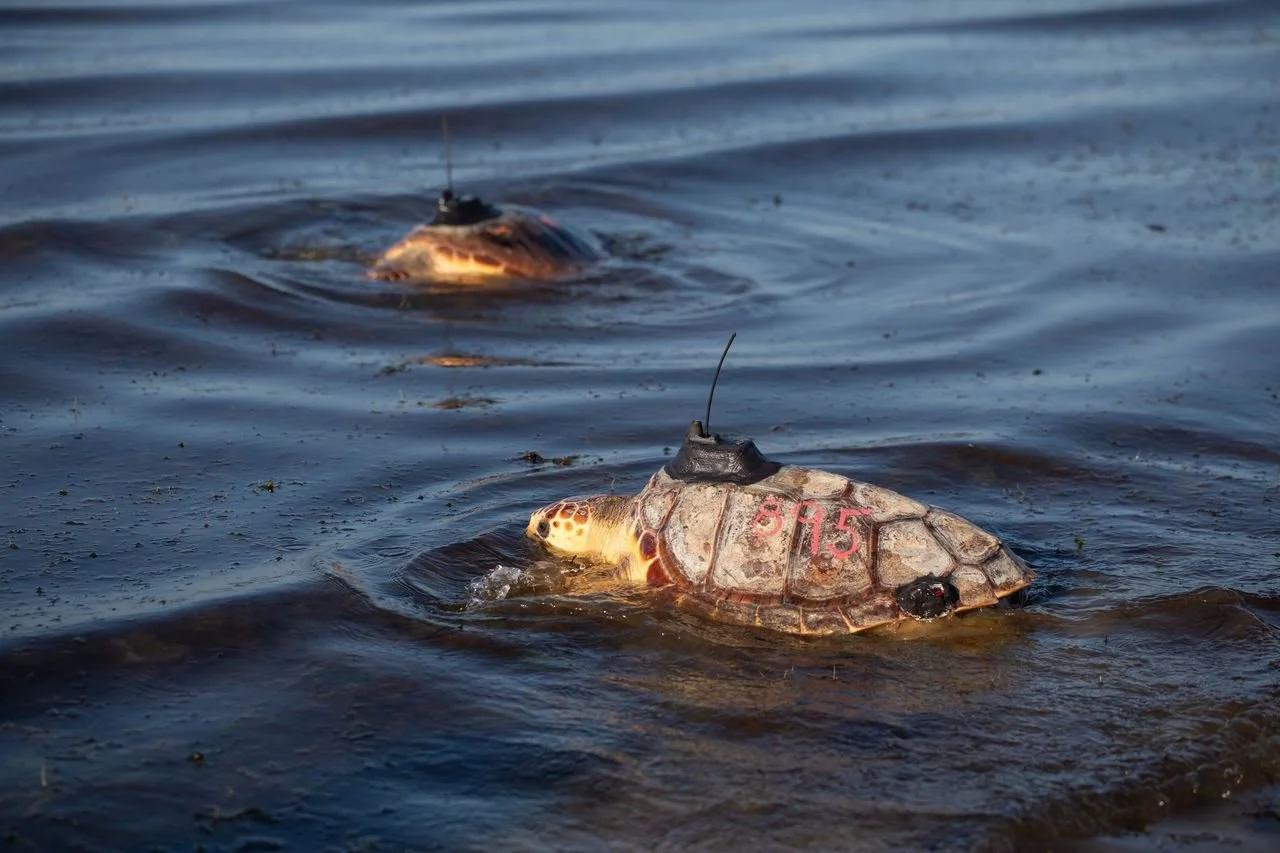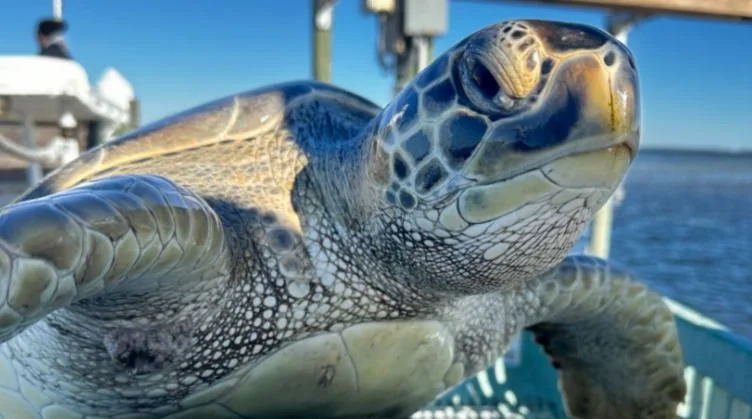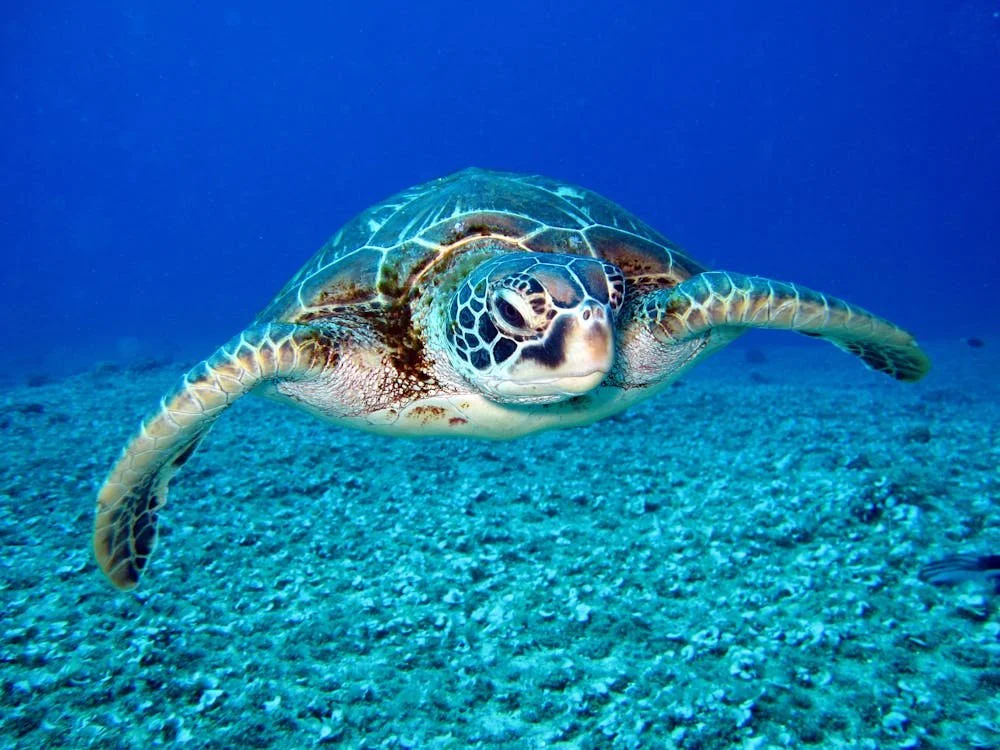Quincy Aquarium Releases 17 ‘Greek’ Sea Turtles After Long Rehab
After months of rehabilitation, 17 sea turtles were released this week into the waters off Cape Cod. The loggerhead, green, and Kemp’s ridley sea turtles – all victims of hypothermia and its attendant ailments – had been convalescing at the New England Aquarium’s Sea Turtle Hospital in Quincy, MA.
Every year, hundreds of turtles in the Gulf of Maine, an area from Cape Cod to Nova Scotia, suffer hypothermia or cold-stunning, the result of straying into waters too cold for their metabolism. When the water temperature dips below 50° F, the turtles become weak and inactive, and sometimes they drown. Survivors can face pneumonia, dehydration, and assorted traumas.
The more fortunate ones end up in Quincy. Turtles that receive long-term care at the aquarium hospital are named by the staff and volunteers; this year’s theme is Greek mythology. Among the turtles released this week were Oceanus, Pan, Athena, and Tyche.
Paradoxically, cold-stunning events increase with a warming climate. When the ocean waters remain warmer longer into the fall, turtles linger in the area and become trapped in cold water as the season changes. Most of the species released this week are endangered, Kemp’s ridley critically so.
During the 2024 cold-stunning season from November to January, the aquarium treated 518 sea turtles rescued from the Cape Cod shores. There remain 25 turtles still recovering at the Quincy facility; they’ll be released off the Cape this summer once they’re medically cleared.
Ten of the outpatients this week were fitted with tracking devices so that researchers can follow their progress on the high seas. The satellite and acoustic tags collect information on the turtles’ behavior, habitat use, and “survivorship,” which helps inform conservation efforts. You can follow them too, here.
Photo credit: Vanessa Kahn /New England Aquarium








